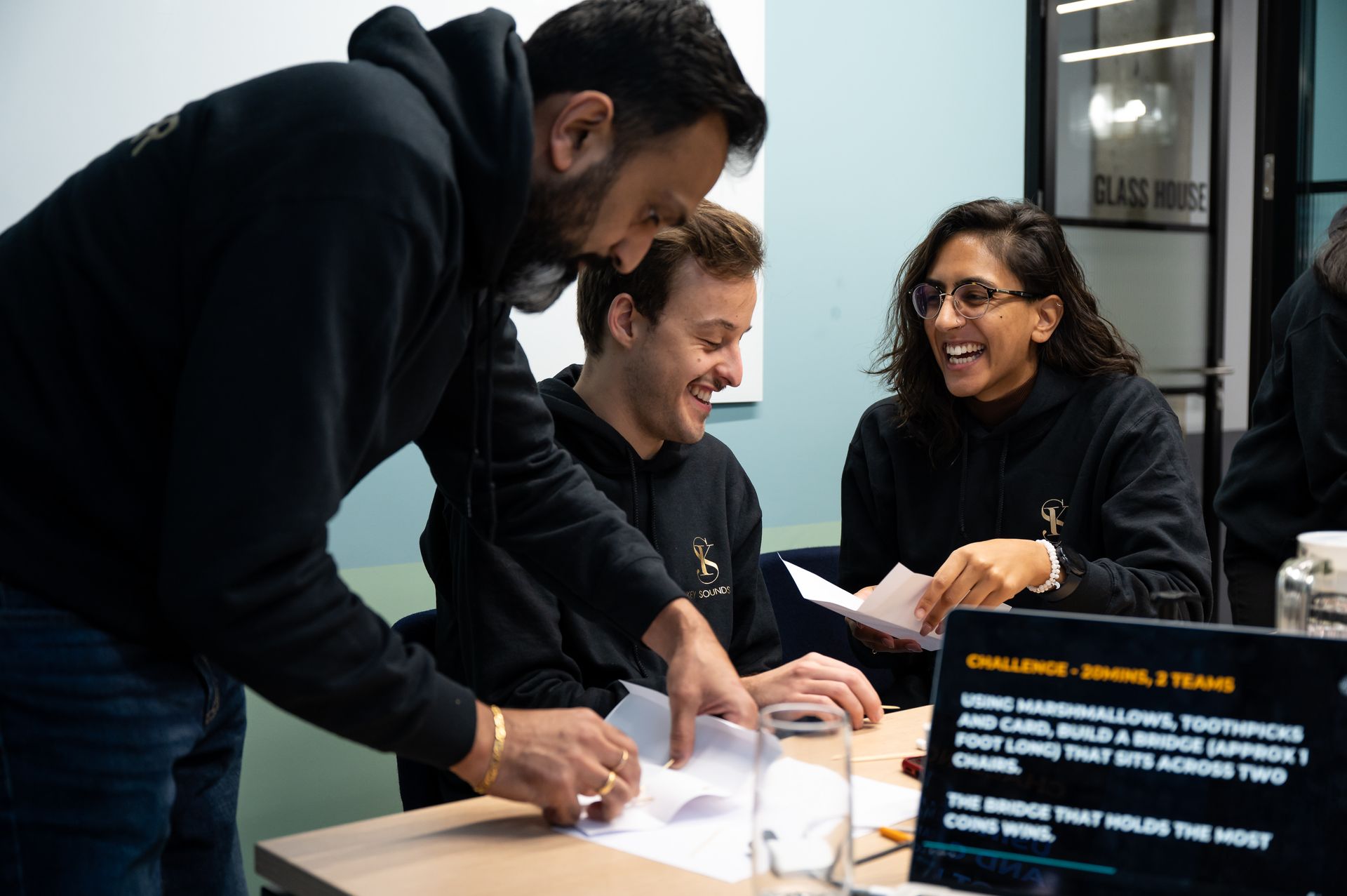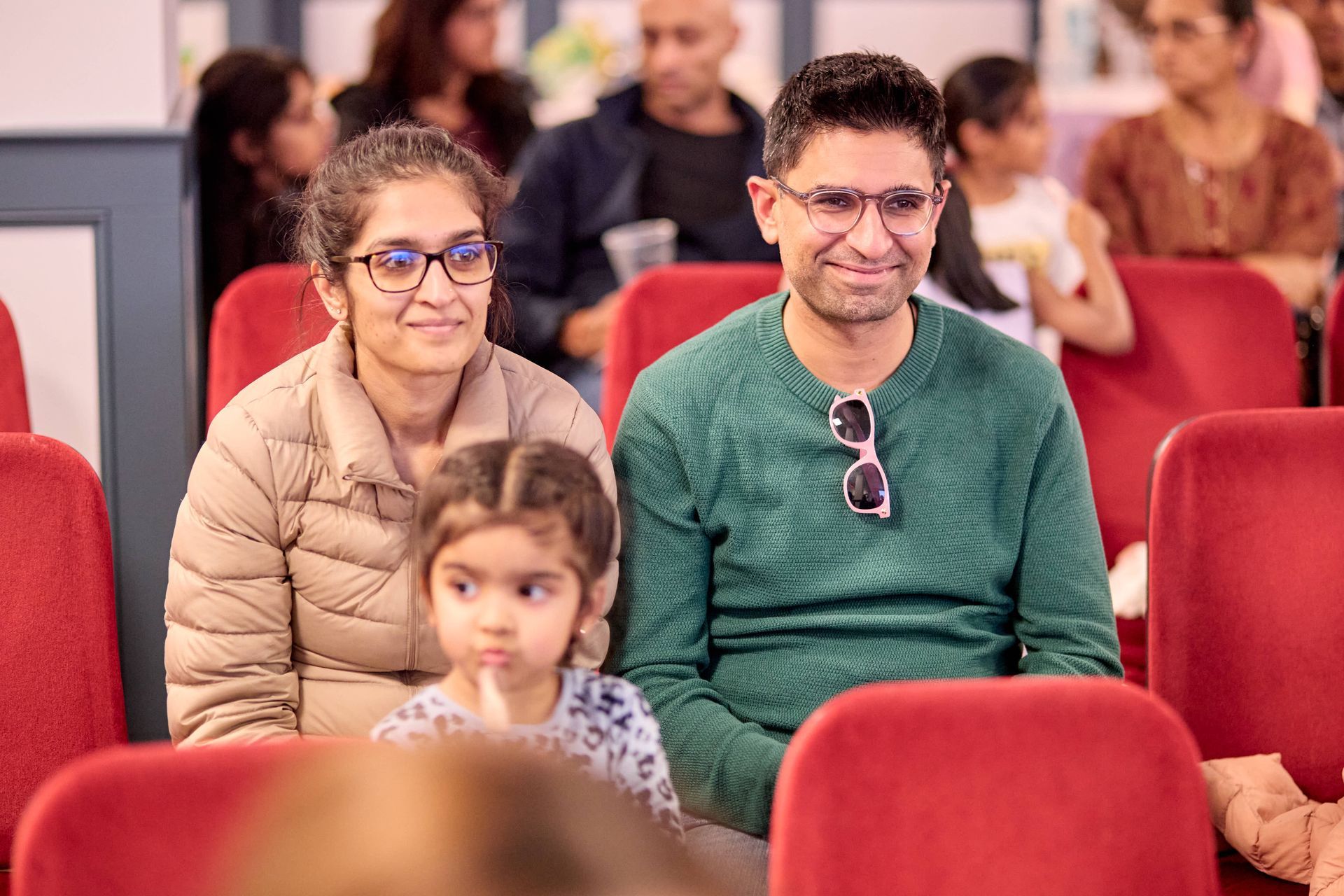Navigating Piano Practice in the Lead Up to Christmas Three Tips for Success
As the holiday season approaches, balancing piano practice with festive commitments can feel like a challenge. Between social gatherings, family visits, and holiday preparations, it’s easy for practice routines to fall by the wayside. However, maintaining consistent practice is essential for progress and confidence. Think of the Christmas period as an opportunity to showcase what you’ve been working on and, perhaps add a festive flair to your repertoire.
Here are three practical strategies to keep your practice on track while embracing the holiday spirit.
- Set Realistic Goals: Instead of aiming for long, intensive sessions, try to structure shorter, more focused practices. During the busy holiday period, even 20–30 minutes of focused practice can be highly effective. Identify one or two specific areas to work on—like polishing a holiday song or mastering a tricky section. Setting clear, achievable goals will help you stay motivated without overwhelming yourself.
- Incorporate Festive Music: Adding seasonal songs to your practice can be a fun and motivating way to prepare for the holidays. Choose a few well-loved Christmas pieces that are within your skill level, and focus on these as a way to engage with the holiday spirit. Playing seasonal music may not only bring joy to you but also to family and friends who will appreciate hearing familiar tunes.
- Plan for Performance Opportunities: Christmas gatherings offer a great chance to share your progress, whether through informal home recitals or online video calls. Planning a short, simple performance for family or friends can provide motivation and give a sense of purpose to your practice sessions. Plus, knowing that you have an audience coming up can inspire you to practice consistently and polish your pieces.
Remember, showing up during the busier aspects of life will help you manage your time and improve the productivity of the activity or task you are trying to fit in. Let us know how you get on by visiting: www.keysoundsuk.com/contact



